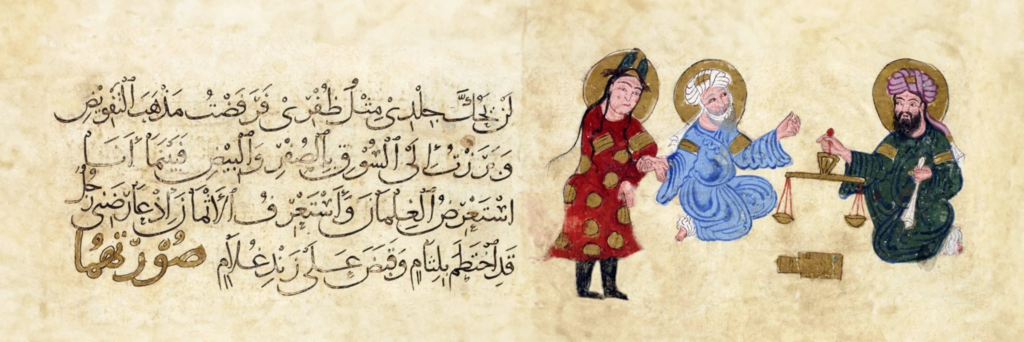
The moral problem of slavery
The topic of slavery is not an easy one. In part this is because many today live in societies still shaped by slavery’s racial hierarchies and inequalities. But it is also because thinking about slavery in any depth involves serious dilemmas about morality, identity, and beliefs. Today slavery is seen as an intrinsic evil—maybe the greatest evil—throughout time and space. “No evil more monstrous has ever existed upon the earth,” said the English poet Samuel Coleridge (d. 1834).
As the 2001 Durban Declaration stated, slavery is “a crime against humanity and should always have been so.” But slavery is also an institution that, in one form or another, existed in every civilization until quite recently. This means nothing in and of itself. Lots of bad institutions have existed. What does mean something is that slavery is something that every major religious and philosophical tradition considered uncontroversial, proper, and even natural until, at the very earliest, the 1700s. And it was not until the 1800s that the morality of slavery per se became a widely debated question. Even then, the moral debate over slavery was limited for decades to the industrialized societies of Western Europe and America.









